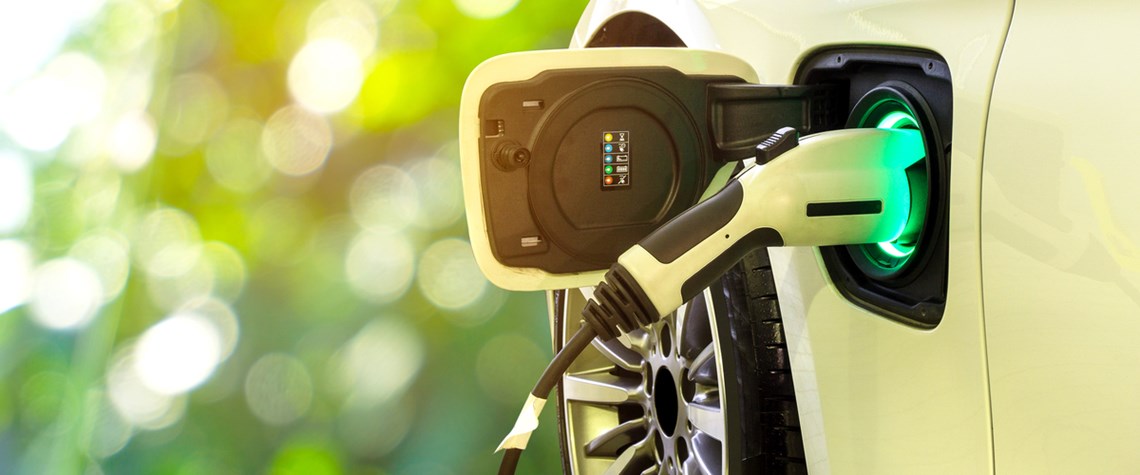US EVs to receive diminished funding
Biden administration may still have options to increase funding pot, including reconciliation
Joe Biden’s $157bn plan to supercharge the US electric vehicle (EV) sector was chopped down severely to $15bn in the final version of the bipartisan infrastructure bill, with federal vehicle fleets and school buses no longer to be electrified and just $7.5bn provided to achieve the administration's target of having 500,000 EV charging points. But the Democrats hope to make more funding available eventually, and some rollout may also happen without government support. “We really see this as a downpayment,” says Alex Laska, transportation adviser at thinktank Third Way Energy in Washington, DC. “If all $7.5bn went to EV charging we could get to 500,000 stations or more, depending on the way it

Also in this section
9 January 2026
A shift in perspective is needed on the carbon challenge, the success of which will determine the speed and extent of emissions cuts and how industries adapt to the new environment
2 January 2026
This year may be a defining one for carbon capture, utilisation and storage in the US, despite the institutional uncertainty
23 December 2025
Legislative reform in Germany sets the stage for commercial carbon capture and transport at a national level, while the UK has already seen financial close on major CCS clusters
15 December 2025
Net zero is not the problem for the UK’s power system. The real issue is with an outdated market design in desperate need of modernisation







